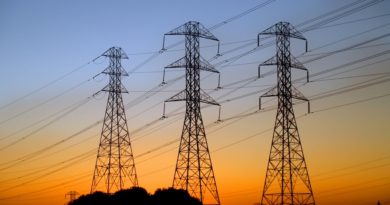Laos To Earn Revenue From Sale Of Carbon Credit Next Year
Source: Vientiane Times
The government expects to earn its first income from the sale of carbon credit next year after signing an agreement with the World Bank.
The Deputy Director General of the Forestry Department, Mr Khamsene Oukham, said on Thursday that the government had signed an agreement with the World Bank to sell carbon credits from designated forest areas in the six northern provinces of Huaphan, Luang Prabang, Oudomxay, Luang Namtha, Bokeo and Xayaboury.
“We expect to receive about US$15 million from the sale of carbon credit in 2022,” he told Vientiane Times. The actual amount of money earned will depend on the amount of carbon credits available from these areas.
Under the agreement with the World Bank, the relevant sectors will reassess the production of carbon credit from the designated areas in 2022 to determine the total amount of carbon credits available.
“If we are unable to protect forest areas, there will be less carbon credits and we will not earn so much from this business arrangement,” Mr Khamsene said.
According to the World Bank, the international financial institution has committed a budget of about US$42 million under the Forest Carbon Partnership Facility to purchase carbon credits from Laos from 2020 to 2025.
The Bank’s initiative aims to reduce carbon emissions released into the atmosphere, one of the main causes of global warming and extreme weather patterns around the world.
Developing, developed nations and major corporates have agreed to buy carbon credits from countries as part of their social business responsibilities.
Forestry officials say the government is strongly committed to protecting forests and hopes to earn income from sale of carbon credit. However, the existing challenges in protecting natural habitats remain unresolved.
Officials say that one of the key challenges is poverty among communities living in and around designated forest areas, which makes it difficult for the authorities to enforce the law concerning forest protection.
In addition, the capacity of authorities to protect forests must be strengthened so they can effectively protect large areas, which cover about 35 percent of the country’s total land area.
In order to protect forest areas, forestry officials say the government will use money earned from the sale of carbon credit as well as sourcing funds from development partners to reduce poverty in the designated areas.
People in communities surrounding the designated forest areas need to have sustainable jobs and income so they do not encroach into forests and be lured by businesspeople to fell trees for sale, Mr Khamsene said.





